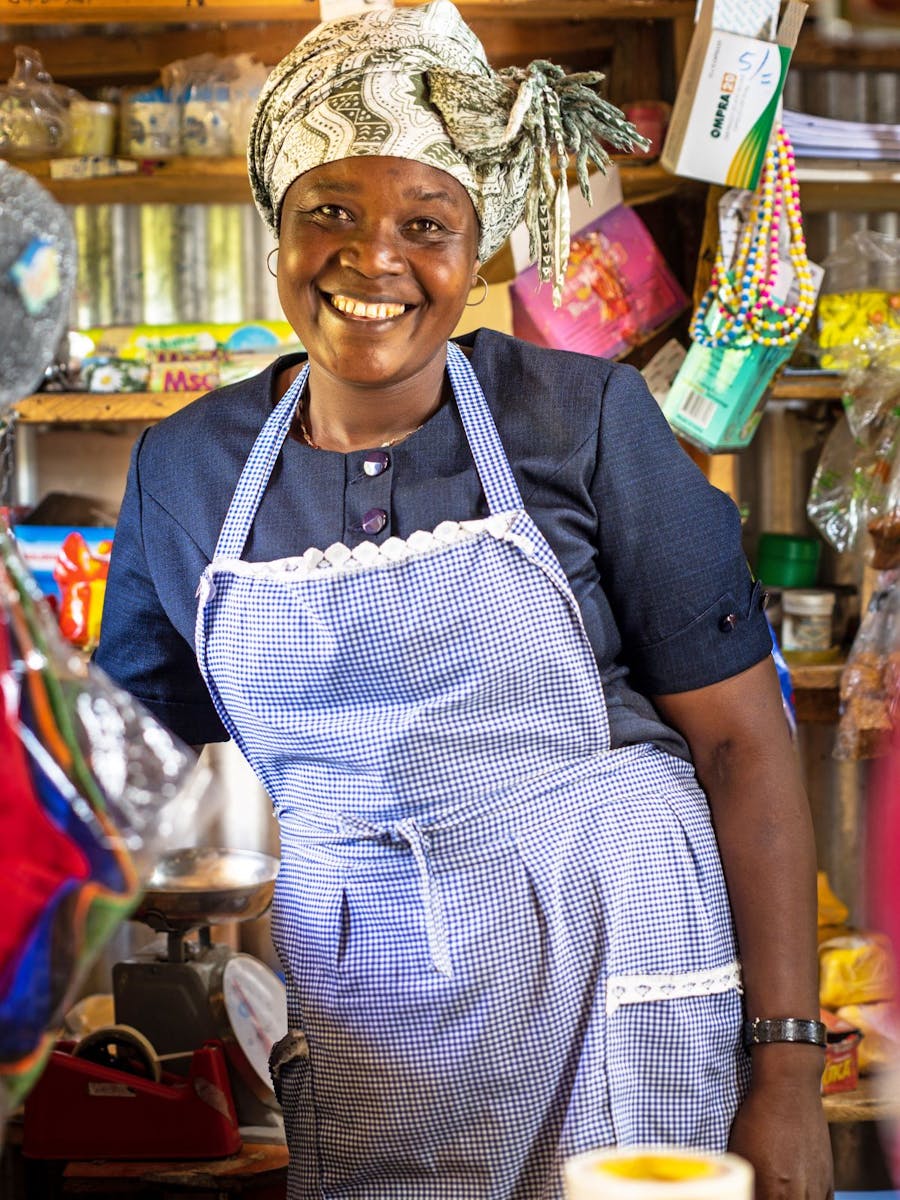
Mercy's rural entrepreneurship
Like many women in developing countries, Kenyan smallholder farmer Mercy Tanui works hard to provide basic needs for her five children— such as food and a roof over their heads.
Mercy and her husband were struggling to make ends meet with a meagre income from subsistence farming and a temporary house made of timber and iron sheets, but they had big aspirations to build a better life for their family.
“The challenge in this rural area is that people want to work but they don’t have the money to help themselves to do business or do farming,” explains Mercy. “Finance is the main problem—people don’t have the ability without it. They need people who can hold their hands, to help them by giving them loans so they can progress in life.”
There are over 740 million women like Mercy around the world without access to basic financial services such as loans, savings, insurance, or affordable housing finance.
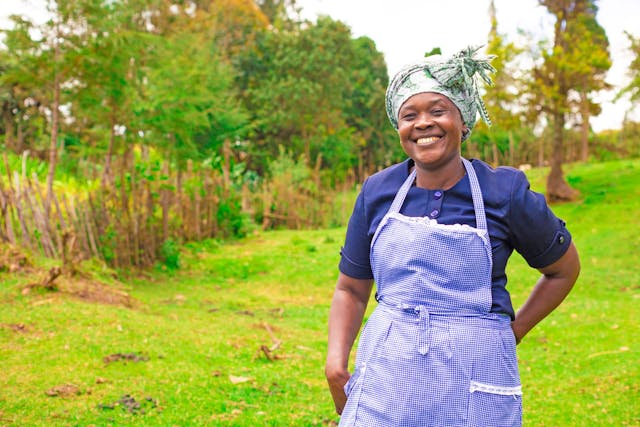
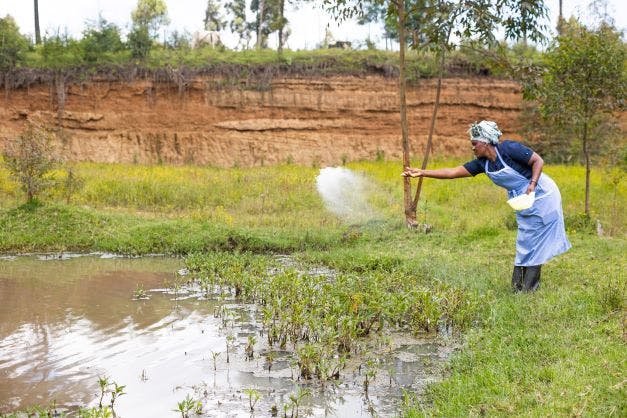
More women and girls in developing countries live in poverty than men, stemming from discrimination, unequal division of labour and a lack of control over economic resources. They are also hardest hit by pressing global challenges, including lingering effects of the COVID-19 pandemic, increasing climate shocks, the rising cost of living, and food insecurity.
Yet once equipped with a range of affordable financial tools, women have more control over how their money is spent, can safely save, cope with economic and climate shocks, spend more on healthcare, education, and food, and grasp economic opportunities that can lead them out of poverty.
Smallholder farmer Mercy had some ideas on how she could increase her income but needed capital. She heard locally about a company called Juhudi Kilimo—which Abler Nordic invested equity in in 2020—that provide financing to rural entrepreneurs and smallholder farmers to help increase productivity and income.
“Before my life was very, very low! We were very squeezed financially. We wanted to farm but could not because of lack of finance. We didn’t even have a small cow, only chickens. After Juhudi entered, we bought a small dairy cow and started increasing and increasing,” says Mercy.
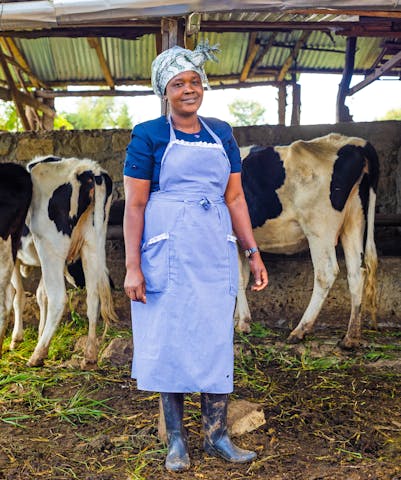
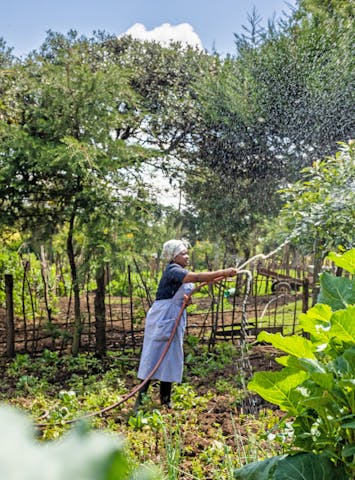
With the proceeds from her milk, Mercy paid off her loan and applied for a second loan to start a small shop in her rural village selling household goods. The shop proved to be popular, and with the profits she took another loan to buy more stock to grow the business. Since then, Mercy has taken subsequent loans to buy two more dairy cows, and a maize miller to produce flour that she sells locally.
As Mercy’s businesses have grown, so has her income and her family’s quality of life. She has built a sturdy, permanent house made of concrete and can now afford to send all her five children to school, with two children also attending university.
For Mercy, the future for her family is much brighter thanks to inclusive financial services, and she’s far from the only one—87% of over 250 Juhudi Kilimo customers interviewed in a recent survey say their business income has increased and 94% say their quality of life has improved.
